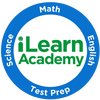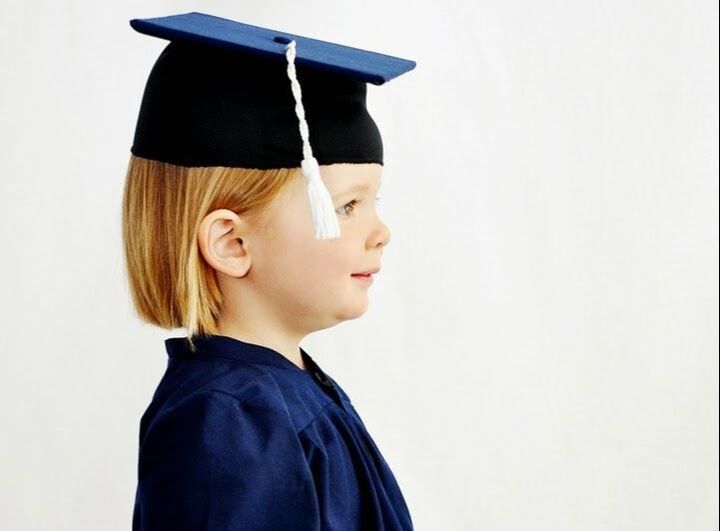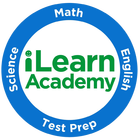|
Many parents use summer learning programs as an enriching childcare option, but these programs also have concrete benefits for students’ academic achievement.
For years, experts have known that summer learning – or the lack thereof – is a important factor in learning and achievement gaps among students. Would summer academics make a long-term difference for your child? Here’s what the research says: What Is an Educational “Gap”? Educators use terms like “learning gap” and “achievement gap” to analyze why different students have different levels of academic success in school and beyond. A “learning gap” refers to the disparity between what a student is expected to know at a certain grade level and what he or she actually knows. An “achievement gap” is the difference in educational outcomes between two demographic groups, like high-income and low-income students. Research shows that learning loss is one of the largest contributors to learning and achievement gaps. Learning loss occurs when students forget skills – or miss learning them entirely – because of long breaks from school. While illness, changing schools and family instability can lead to learning loss, the most common cause is actually summer vacation. What Is Summer Learning Loss? Summer vacation fuels learning loss because many students go two and a half months without engaging with school materials, books or academic programming. Many researchers have attributed summer learning loss exclusively to family income. In many ways, this makes sense. Summer learning takes time and, often, money, and many low-income families simply don’t have the resources. However, statistics now show there’s more to summer learning loss than family background. A recent NWEA study showed that while there are small differences in the amount of summer learning loss among different races and income groups, the variation in learning loss within each demographic is much greater. That means within each group, some students are being presented with opportunities for summer learning, while others are not. In fact, students who participate in summer learning can actually make gains during the summer, the study found. This puts them at an advantage academically and socially. Learning gaps and learning loss are no small issue. When students fail to master foundational math and reading skills, they tend to fall farther behind as they get older and coursework becomes more challenging. Teachers often cannot take time to reteach fundamentals, or they don’t have the skills to help students who are struggling. Some policymakers have introduced initiatives that address the widespread problem of summer learning loss. In 2018, Oregon implemented the Summer Learning and Meals Act, hoping that by keeping libraries open during the summer, they would encourage families to spend time on academics during the summer. How to Avoid Summer Learning Loss Simple activities like reading to your children, visiting a historical landmark or practicing the multiplication tables can help abate summer learning loss. However, the best solution to learning loss is a structured summer academic program. This takes pressure off parents to oversee their children’s summer “curriculum” and provides students with knowledgeable educators to identify their strengths and needs. Whether it’s a daylong program that takes the place of childcare, or just a couple hours a week of skill-building, summer learning makes all the difference to your child’s success in school. If your child needs to catch up, get ahead or maintain skills this summer, there is still time to register for iLearn Academy’s summer academic program, led by certified teachers. Two days a week is all it takes to combat summer learning loss this year! For more information or to enroll, give us a call at 847-834-0791.
0 Comments
Leave a Reply. |
Categories |
We make a personal commitment to ensure each student is well-prepared for the academic school year.
Dedicated to helping your student succeed.
©
iLearn Academy 2019


 RSS Feed
RSS Feed
